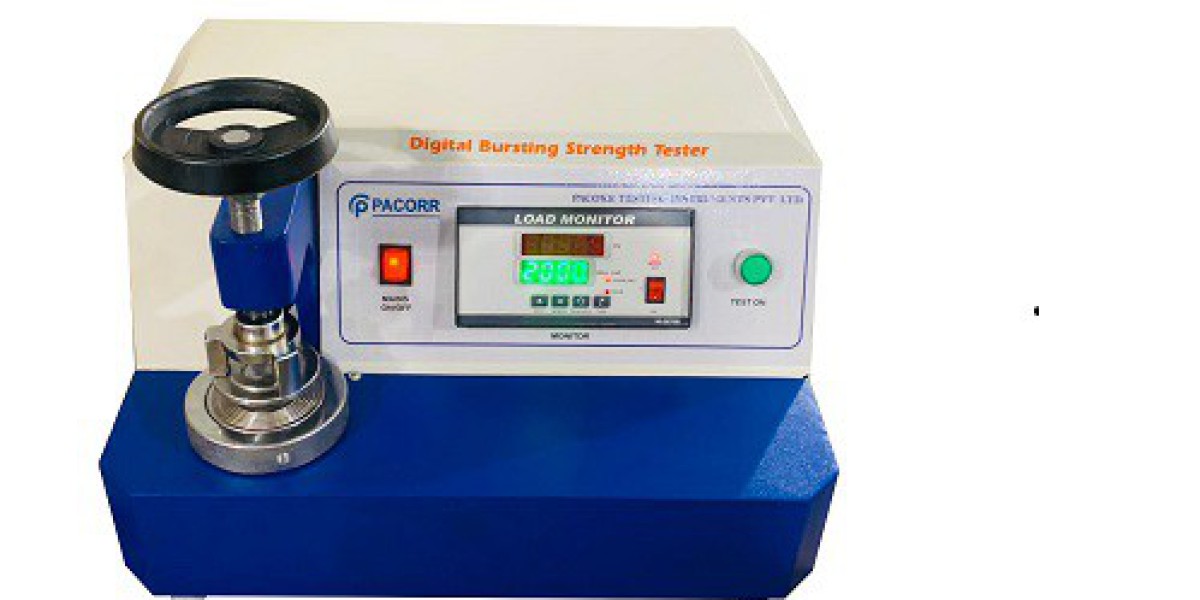Diarrhea is a common ailment that can lead to significant fluid loss, making it essential to stay hydrated. Hydration is critical because it helps maintain electrolyte balance, supports organ function, and prevents complications like dehydration, which can be life-threatening if not managed properly. In this guide, we'll discuss the best strategies for staying hydrated during diarrhea, including the role of medications like Nizonide 500mg.
Understanding Diarrhea and Its Impact on Hydration
Diarrhea is characterized by frequent, loose, or watery stools. It can be caused by various factors, including infections, food intolerances, and certain medications. When you have diarrhea, your body loses not only water but also essential electrolytes such as sodium, potassium, and chloride. These electrolytes are crucial for various bodily functions, including muscle contractions, nerve function, and maintaining fluid balance.
The loss of fluids and electrolytes during diarrhea can quickly lead to dehydration, especially in vulnerable populations such as infants, the elderly, and individuals with weakened immune systems. Signs of dehydration include dry mouth, extreme thirst, dark urine, dizziness, and fatigue. In severe cases, dehydration can lead to confusion, low blood pressure, and even shock.
Strategies for Staying Hydrated
Oral Rehydration Solutions (ORS)
ORS is a mixture of water, salts, and sugar designed to quickly replace lost fluids and electrolytes. It’s recommended by health organizations worldwide for managing dehydration caused by diarrhea.
How to Use
ORS can be purchased over-the-counter or made at home. To make it at home, mix 1 liter of clean water with 6 teaspoons of sugar and ½ teaspoon of salt. Drink small sips frequently throughout the day.
Effectiveness
ORS is highly effective in preventing dehydration. It’s especially crucial for children and adults experiencing severe diarrhea.
Drink Plenty of Fluids
Types of Fluids
Water, clear broths, and herbal teas are excellent choices. Avoid caffeinated, sugary, or alcoholic beverages, as they can worsen dehydration.
Frequency
Take small, frequent sips throughout the day rather than large amounts at once, which can exacerbate diarrhea.
Monitoring
Keep track of your fluid intake. Aim for at least 8-10 cups of fluid per day, adjusting based on the severity of your diarrhea and any other underlying health conditions.
Coconut Water
Benefits
Coconut water is a natural source of electrolytes, particularly potassium. It can help restore electrolyte balance more naturally than some sports drinks.
Usage
Drink coconut water throughout the day in addition to other fluids like water or ORS. It’s especially useful for those who prefer natural remedies.
Eat Hydrating Foods
Types of Foods
Foods with high water content, such as watermelon, cucumber, and oranges, can help maintain hydration levels.
Combination with Salts
Pair these foods with salty snacks like crackers to help your body retain fluids.
Avoid Certain Foods and Drinks
What to Avoid
Steer clear of dairy products, fatty foods, and high-fiber foods that can irritate the digestive system and worsen diarrhea.
Impact on Hydration
These foods can increase the risk of dehydration by exacerbating fluid loss through more frequent or severe diarrhea.
The Role of Medications Like Nizonide 500mg
Nizonide 500mg is an antiparasitic medication often prescribed for treating infections that can cause diarrhea, such as giardiasis or amoebiasis. While it’s effective in treating the underlying infection, it’s important to pair medication use with proper hydration strategies to ensure a full recovery.
How Nizonide 500mg Works
Mechanism
Nizonide contains Nitazoxanide, which interferes with the energy production of parasites, leading to their death. This helps alleviate the symptoms of diarrhea by targeting the root cause.
Dosage
Typically, nizonide 500mgis taken twice daily for a duration prescribed by your healthcare provider, usually for 3 to 5 days.
Hydration During Medication
Increased Need for Fluids
As the medication works to clear the infection, your body may continue to lose fluids. It’s crucial to keep up with hydration during the course of treatment.
Potential Side Effects
While Nizonide 500mg is generally well-tolerated, some people may experience nausea or vomiting, which can further increase the risk of dehydration. In such cases, oral rehydration solutions and frequent small sips of water are particularly important.
Consulting Your Healthcare Provider
When to Seek Help
If diarrhea persists for more than a few days while on Nizonide 500mg, or if you notice signs of severe dehydration, it’s essential to consult your healthcare provider.
Combination with Other Medications
Always inform your doctor about any other medications or supplements you’re taking, as they can interact with Nizonide 500mg.
Preventing Dehydration in Special Populations
Children
Greater Risk
Children are at a higher risk of dehydration due to their smaller body size and higher fluid turnover.
ORS for Kids
Pediatric ORS is available, and it’s crucial to administer it as soon as diarrhea starts. Breastfed infants should continue breastfeeding, as breast milk provides both hydration and essential nutrients.
Elderly Individuals
Higher Vulnerability
Older adults may have a diminished sense of thirst, making them more prone to dehydration.
Regular Monitoring
Caregivers should ensure that elderly individuals drink fluids regularly, even if they don’t feel thirsty. ORS can be particularly helpful in managing dehydration in this age group.
People with Chronic Illnesses
Compounded Risks
Individuals with conditions like diabetes or heart disease should be extra cautious. Diarrhea can lead to complications like electrolyte imbalances, which can be dangerous in these populations.
Tailored Hydration Plans
Consult with a healthcare provider to develop a hydration plan that takes into account any existing health conditions and medications.
Monitoring and Recognizing Dehydration
Early recognition of dehydration signs is crucial. Here’s what to look for
Mild Dehydration
Dry mouth, slight thirst, and dark yellow urine.
Moderate Dehydration
Rapid heartbeat, reduced urine output, and sunken eyes.
Severe Dehydration
Very dark urine or no urine output, extreme fatigue, confusion, and fainting. Immediate medical attention is required.
Conclusion
Staying hydrated during diarrhea is vital for your health and recovery. Using a combination of oral rehydration solutions, fluids, hydrating foods, and appropriate medications like Nizonide 500mg can help manage symptoms effectively and prevent complications. Always consult with your healthcare provider for personalized advice, especially if you belong to a vulnerable population or have an underlying health condition. With the right approach, you can navigate diarrhea safely and recover more quickly.



